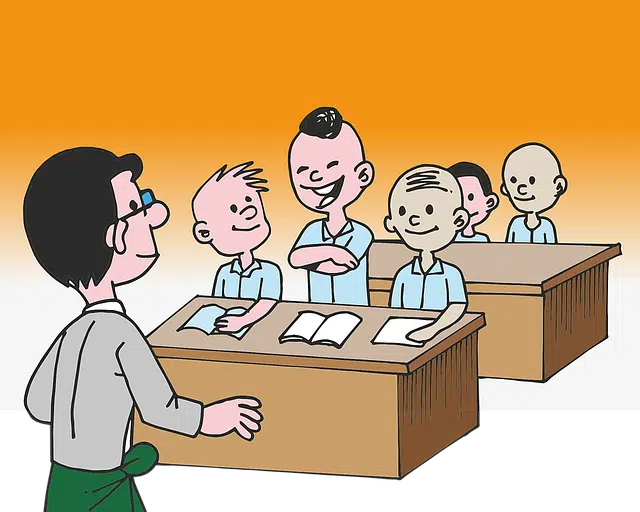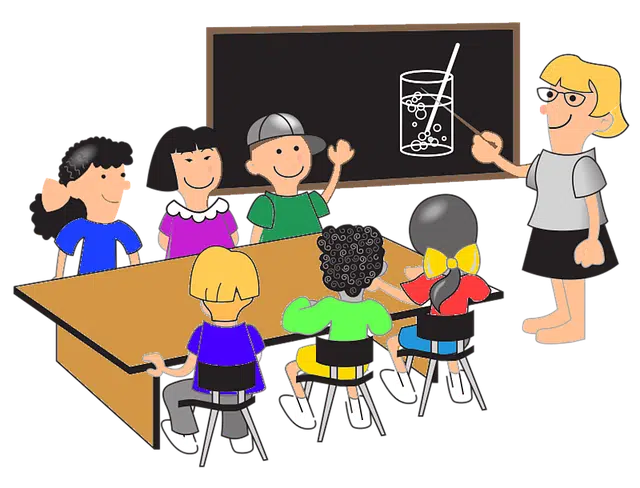
The pedagogy professional is known as a pedagogue.
Pedagogue is the person who is dedicated to educating children . The concept comes from the Latin paedagogus , although its most remote origin is in the Greek language.
The pedagogue is a professional in pedagogy , the science that deals with education and teaching . This means that the pedagogue has teacher qualities and is qualified to instruct his students.
For example: "This scientist is a great pedagogue since he is always willing to reveal and explain the secrets of his experiments" , "They recommended that I take Daniel to a pedagogue who specializes in these cases" , "The school pedagogue told me "He suggested that Florence move forward a year, given that her IQ is above average."
Tasks and functions of a pedagogue
The pedagogue has psychosocial knowledge ; In other words, it is able to act on the child as an individual (according to his psychological configuration) and as a social actor (with his relationships with the environment).
One of the most important functions of the pedagogue is the planning, execution and evaluation of educational programs . For this, it appeals to notions from psychology , sociology , philosophy and anthropology , among other sciences.
The preparation of teaching materials is also part of the pedagogues' tasks. This type of materials (texts, audiovisuals, etc.) have the mission of facilitating the teaching-learning process as a support for the transmission of training messages. It should be noted that the ultimate goal of the pedagogue's work is to maximize the development of people and societies.

A pedagogue is prepared to instruct students.
Progressive education
Progressive pedagogy , also known as progressive education , new education and active school , among others, is considered a movement , or a set of movements, based on pedagogy and with the aim of reevaluating the pillars of education. traditional.
Its origins date back to the end of the 19th century and, from its point of view, the old school is authoritarian, too rigid and closed, and responsible for generating in its students the need to compete, forgetting the true meaning of education . Furthermore, they consider it a mere transfer of knowledge through rote learning, which ignores the interests of the students and requires a minimum degree of effort and commitment, instead of encouraging them to find themselves through knowledge.
The pedagogue and a new mission
The model that progressive pedagogy promotes is fundamentally opposite to that of traditional pedagogy: it aims for all students to actively participate in their own education, to have a vote, to be able to take advantage of their capacity for discernment to direct their learning, to receive sufficient motivation from of teachers and that the knowledge they incorporate is useful for their lives.
Finally, the greatest challenge that progressive pedagogy faces is to be general as well as individualized ; In other words, it aims to integrate the greatest possible number of citizens, providing them with the knowledge that will act as basic tools for their healthy development in society, while at the same time addressing the concerns and needs of each person individually, to ensure that feel comfortable and that their time through the educational system is an enriching and productive experience.
It is curious that these ideas still seem innovative today, having been more than one hundred years old . Although there are examples of active schools in the world, they are very few and isolated from each other; in no way have they been established as a common or normal alternative to traditional education. Teachers from all over the world denounce the growing cultural impoverishment of youth, the loss of interest in reading, the increasingly poor use of language; perhaps they are signs that the old school should rest in peace.
